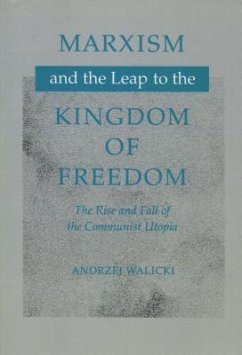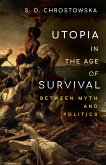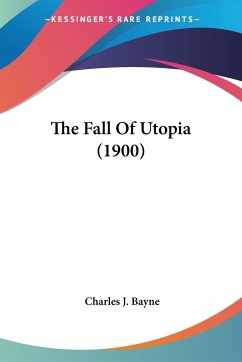This book reconstructs Marx and Engels's theory of freedom, highlights its centrality to their vision of the communist society of the future, traces its development in the history of Marxist thought (including Marxism-Leninism), and explains how it was transformed at the height of its influence into a legitimation of totalitarian practices. The author contributes to the explanation of the collapse of communism in the Soviet Union and Eastern Europe by showing the inherently utopian character of the idea of a marketless economy and by interpreting the Soviet communist experiment as a failed attempt to realize this utopia. Hence, he provides substantial arguments for the view that "really existing socialism" has never been a viable, stable alternative to the market economies of the West. The book's title echoes Engels's phrase "the leap from the kingdom of necessity to the kingdom of freedom". "The kingdom of necessity" refers to the Marxist conception of the laws of history, "the leap" to the dictatorship of the proletariat, and "the kingdom of freedom" to the communist conception of freedom as control over economic and social forces. For Marx, the main enemy of human freedom was not political coercion but the "blind", uncontrollable forces of the market. Thus freedom could be realized only through rational planning that would liberate people from their dependence on material things and alienated social forces. The Leninist determination to realize this ideal regardless of social cost was supported by confidence that the scientific understanding of the laws of history provided (allegedly) by Marxism made the communist party virtually infallible and legitimized its claim to unlimitedpower. Thus, Soviet totalitarianism was a predictable result of a politically forced development aimed toward "the kingdom of freedom". But the dependence of the Soviet regime on ideological legitimization was also its hidden weakness. The Soviet system was unable to develop self-regulating economic mechanisms and could exist only in conditions of political mobilization and ideocratic pressure. The inevitable erosion of the system's legitimizing ideology set in motion a slow retreat from totalitarianism and communism. Under Gorbachev, the acceleration of this retreat brought about the dismantling of the entire system.
Hinweis: Dieser Artikel kann nur an eine deutsche Lieferadresse ausgeliefert werden.
Hinweis: Dieser Artikel kann nur an eine deutsche Lieferadresse ausgeliefert werden.








